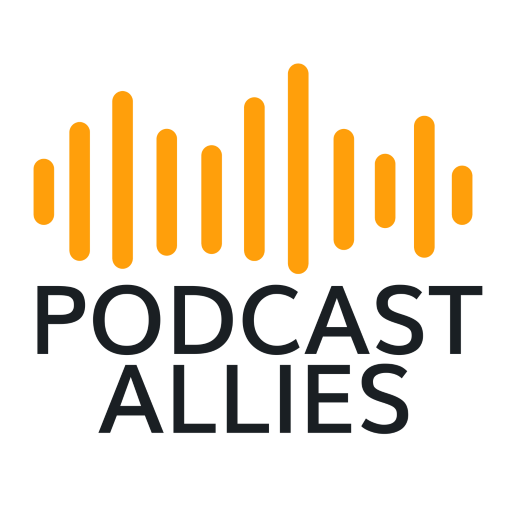Podcast Recommendations for Black History Month
Plus why we all need to keep studying our history
I'm thinking about Black History Month, and honestly, this is a hard post to write. Because I only started to truly understand the depth and pain of racism and white supremacy in this country when I was exposed to the real stories from our shared history — as a reporter and as a listener.
That's embarrassing and painful to admit because I'm an adoptive mother of a biracial son. While I witnessed the difficulties he experienced in school and in our mostly white neighborhood, honestly, I often didn't truly get it.
Then I spent a few months reporting on the Tulsa Race Massacre for a podcast series. The facts of that event gave me nightmares. So too do the echoes I see today of the rhetoric that fueled the massacre. No surprise—±the intergenerational trauma is very real, as are the economic consequences, 100 years later. The Tulsa Race Massacre, of course, was not a rare event.
As we know, our education system doesn't simply neglect Black History, these days sharing the truth of our history in schools is actively under assault. (I say "our" because Black History is all Americans' history.) Just yesterday, the first day of Black History Month, the College Board released a revised version of its AP course on African American studies. Its revision led some civil rights groups to criticize the board, accusing it of making changes to appease Florida Governor Ron DeSantis. His administration had previously banned the course.
This assault on education is only one reason why superbly reported podcasts, and accompanying online, print and video content, are so important. Yes, it's a cliche, but it's true: Unless we understand our history we are doomed to repeat it. If that is the case, clearly we do not understand it: witness Tyre Nichols, George Floyd, and Breonna Taylor, among so many others.
If, at present, many of our children are not to learn Black History in school (and the histories of all marginalized people), we can all choose to learn it outside of those walls. And if we want to be allies, we need to learn as much history as we can.
Here are some podcasts to start with:
The 1619 Project—Both a series in the New York Times Magazine and a podcast. If you haven't yet listened to this beautiful work by creator Nicole Hannah-Jones and her team, start here. Hannah-Jones won a Pulitzer for "a sweeping, provocative and personal essay" for the project, which places the enslavement of Africans at the center of America's story. The podcast is beautifully written and produced, immersive, and intimately presented. It opened my eyes to things I would never have known, such as the ways in which the banking system in the south is rigged against Black farmers and landowners.
White Lies, Season 1—I spent an entire day binging this 2019 NPR series hosted by Andrew Beck Grace and Chip Brantley. The pair spent three years investigating the unsolved murder of Unitarian minister James Reeb, who went to Selma, Alabama in 1965 as a civil rights protester. It's astonishingly good—and a Pulitzer Prize nominee.
Mississippi Goddam: The Ballad of Billey Joe—Host Al Letson and producer Jonathan Jones do a beautiful job with this Reveal series, another unsolved case. In 2008, 17-year-old football star Billey Joe Johnson died by gunshot in a small Mississippi town. The question: Was it an accident, suicide, or murder by a white police officer? While riveting in the way that any good plot-driven investigation is gripping, Letson is clear to explain that this isn't "true crime" for true crime's sake, but is, in fact, about race in America. (Veteran producer John Barth and I discuss the brilliant ways in which Letson and Jones share their own backgrounds, and how their races and cultures affect their reporting, in Episode 2 of Sound Judgment.)
Finally, I plan to dive into the story of Emmett Till's mother. The ABC News podcast Reclaimed: The Story of Mamie Till Mobley received an Ambie nomination for Podcast of the Year last week, along with a nomination for best history podcast. It was a hat trick: Leah Wright Rigeur also received a nomination for best host.
What these podcasts do goes so far beyond what I learned as a history major—not just in subject matter, but in who is centered in these stories; the way podcasts invite us into worlds we cannot visit; and how they introduce us to characters we get to know and care about. In this way, as listeners, we grow empathy, and with that, hope for change and the resolve to make it happen.
Are podcasts the only way to learn more about the history that, to a large degree, still remains hidden? Obviously not. But they're an excellent place to start. (More schools and universities should use them as integral parts of their curricula—but that’s another post.)
*Obviously, I've only highlighted a few podcasts, which means I've missed many valuable shows from big networks and independents alike. Please share your favorites with us. Tell us why they moved you or how they changed your worldview.

